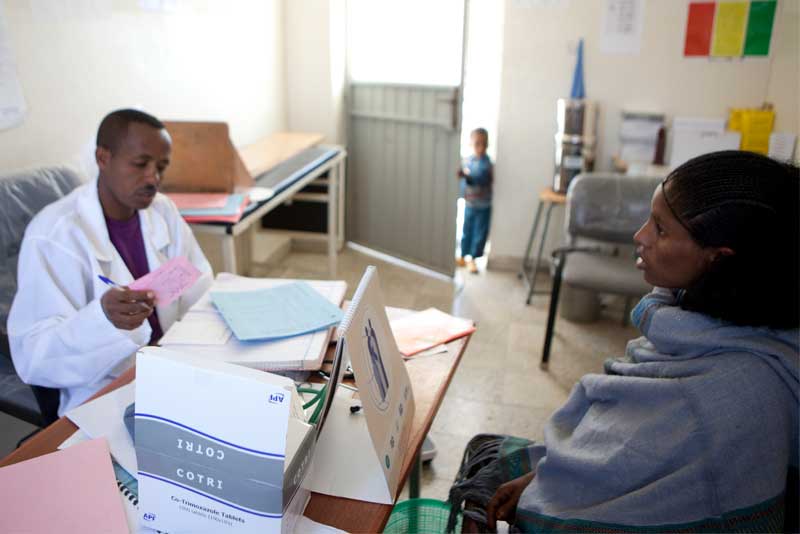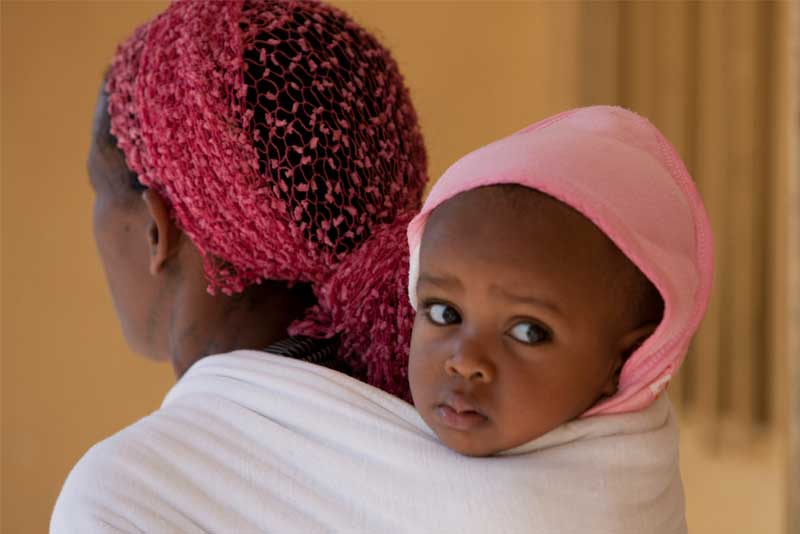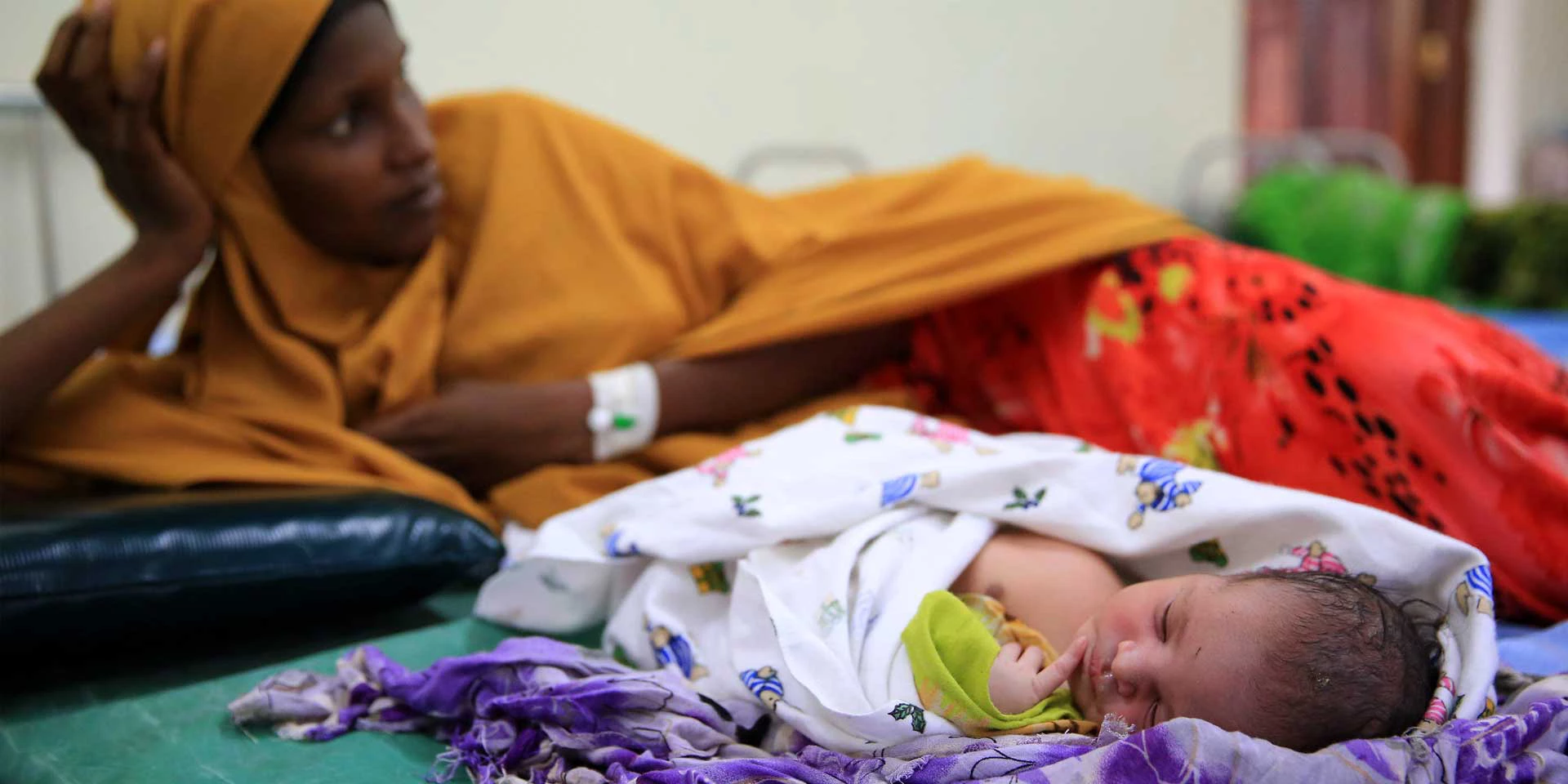Health-care challenges are especially daunting in Sub-Saharan Africa: The region has 11 percent of the world’s population but carries 24 percent of the global disease burden. With less than 1 percent of global health expenditure and only 3 percent of the world’s health workers, Africa accounts for almost half of the world’s deaths of children under five and bears a heavy toll from infectious diseases.
The introduction of new digital technologies—paired with other initiatives such as government-led efforts to achieve universal health coverage and market-led consolidation of health-care providers—could have an important impact on the continent’s health sector. New technologies are already enabling the deployment of health services to remote areas and helping patients navigate health systems, allowing them more visibility on care cost and quality, among other things.
Reducing the risk of investing in these markets is one of the objectives of TechEmerge Health, an IFC program that connects tech companies worldwide with leading health-care providers in emerging markets. IFC is calling on innovators from around the world to apply for the program, which will match their tech innovations with health facilities in East Africa. Applications are being accepted for the next
six weeks, through February 25. TechEmerge is being implemented in partnership with the governments of Finland and Israel.
Twenty leading private health-care providers from Ethiopia, Kenya, and Uganda have been identified by IFC to participate in the TechEmerge Health East Africa program. IFC will provide seed funding and technical support for tech companies and technology adopters during the market-entry and tech transfer process. This will reduce the market-entry risk for innovators and the technology-adoption risk for health-care providers. As the East Africa program advances, IFC will evaluate making investments in the tech companies and working with them to bring their solutions to scale in other emerging markets.
“We are mobilizing global tech for good by bringing health-care innovations that transform lives to the markets with greatest need,” said William Sonneborn, senior director of IFC’s Disruptive Technologies and Funds. “Bringing together tech innovators with health-care providers improves access, affordability, quality, and efficiency for underserved populations while opening markets for entrepreneurial growth.”

The introduction of new digital technologies could have a crucial impact on Africa’s health sector. © Unicef Ethiopia
Amit Thakker, head of the Africa Healthcare Federation and other entities representing private sector health care, said he believed that “the transfer of innovation, technology, and stronger health systems will lead only to quality, affordable health care to a wider population that is much needed” in Africa. “There’s a beehive of activity in some of the countries like Nigeria, Kenya, and South Africa, where there are incubators, accelerator programs, and innovation hubs to promote medical technologies in all sorts of ways.”
Recent economic growth in Ethiopia and Kenya make these countries especially attractive for the introduction of innovations in the health space, Thakker said. He said that investors need to stay alert to financial risks—making sure their products are designed to meet the target markets and that consumers will have the ability to pay for them. He also said that investors need to create partnerships—looking at establishing connections with insurance companies or the public sector as well as by working with the Ministry of Health and regulators.

In East Africa, Kenya and Ethiopia are on the top of the list for investment-readiness in health. © Unicef Ethiopia
With a global IFC investment portfolio of more than $2 billion in the health-care sector, TechEmerge forms part of IFC’s comprehensive support for entrepreneurship and innovation in emerging markets to increase and improve access to high-quality health services.
TechEmerge Health East Africa is the third edition of the program. In India, where it was originally launched in 2015, TechEmerge matched 17 tech companies with 15 local health-care providers, with many technologies being adopted and scaled post-pilot—benefiting more than 300,000 patients per year. Innovators also raised over $14 million during the program. Building on the success in India, TechEmerge launched in Brazil in late 2017 with over 20 pilots underway matching 17 tech companies with 15 Brazilian health-care providers.
Published in January 2020
